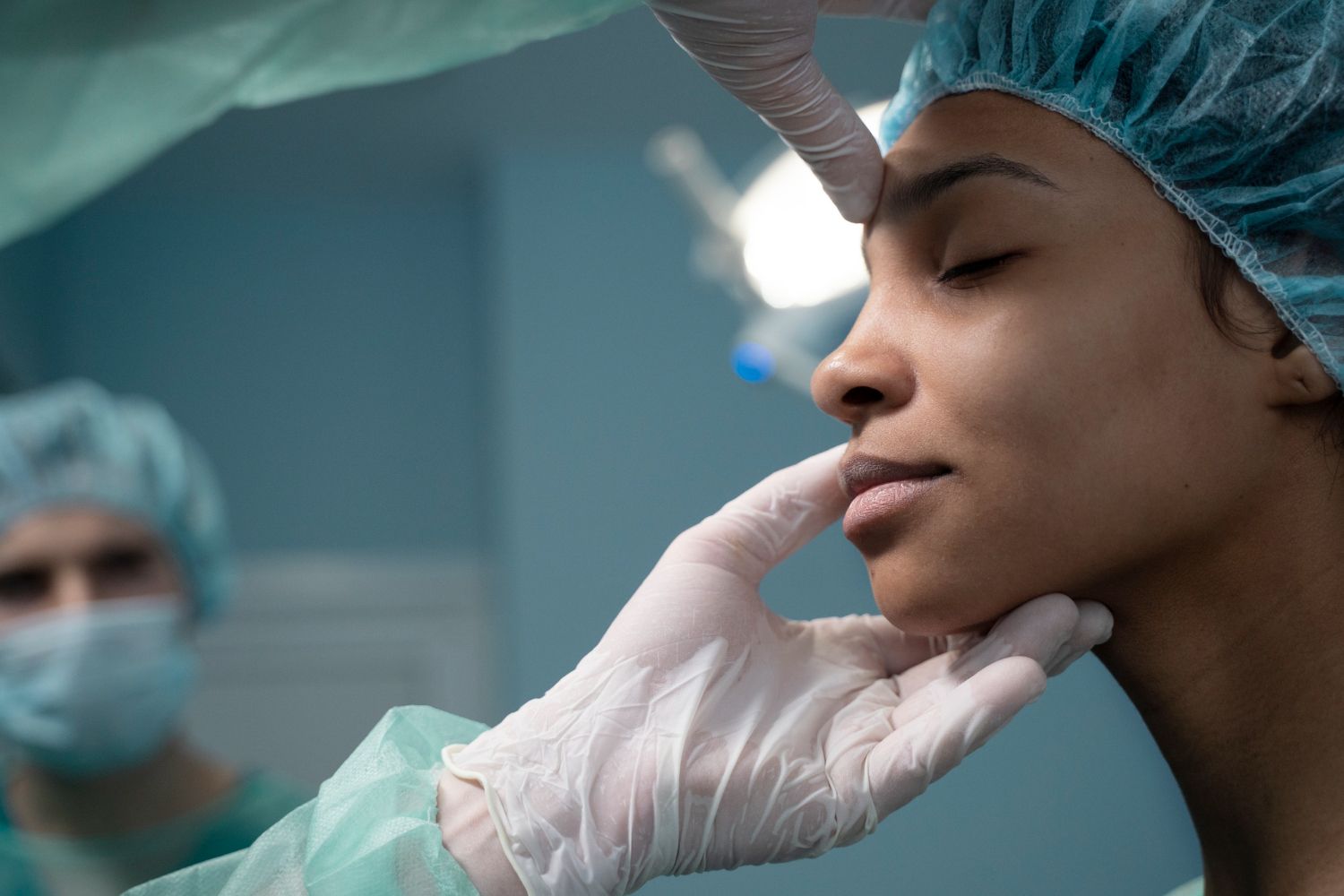
© Freepik
July 15, 2025
Lena Sämann
- Aesthetic Surgery & Dermatology
- Health
How do I find a good plastic surgeon?
Choosing the right cosmetic surgeon is one of the most important decisions before an aesthetic procedure.

© Freepik
July 15, 2025
Lena Sämann
Choosing the right cosmetic surgeon is one of the most important decisions before an aesthetic procedure.
With the increasing demand for cosmetic surgery – in Germany alone, over 500,000 aesthetic procedures are performed annually – it is becoming increasingly important to identify qualified and reputable specialists.
A qualified cosmetic surgeon must have completed the state-recognized six-year training to become a specialist in plastic and aesthetic surgery successfully. This specialization consists of:
Only doctors with this complete training are legally allowed to call themselves Specialist in Plastic and Aesthetic Surgery designate themselves.
Learn more about the training at the Bavarian State Medical Association.
Seriöse Schönheitschirurgen sind in der Regel Mitglieder anerkannter Fachgesellschaften:
These memberships ensure continuous education and adherence to ethical standards.
Begin your search with thorough online research. Check:
A reputable cosmetic surgeon will always offer a detailed consultation. Pay attention to:
Modern cosmetic surgery increasingly uses innovative approaches such as:
Be especially cautious with:
Caution with surgeries abroad. Common issues include:
Reputable cosmetic surgeons offer:
The costs for aesthetic procedures have increased in recent years, mainly due to
.
Even with proper execution, there are fundamental risks:
Every aesthetic intervention carries specific risks that your surgeon should explain in detail. A serious clarification includes statistical frequencies and individual risk factors.
A good cosmetic surgeon offers:
The choice of a qualified cosmetic surgeon should never be based solely on price. Invest time in thorough research and don't hesitate to have multiple consultations. A reputable specialist in plastic and aesthetic surgery will appreciate your diligence and will answer all your questions in detail.
Remember: Cosmetic surgery is a medical procedure with permanent effects. Choosing the right surgeon is an investment in your health and well-being.
This article is for general information purposes only and does not replace individual medical advice from a qualified specialist. For specific questions about cosmetic procedures, consult a certified specialist in plastic and aesthetic surgery.